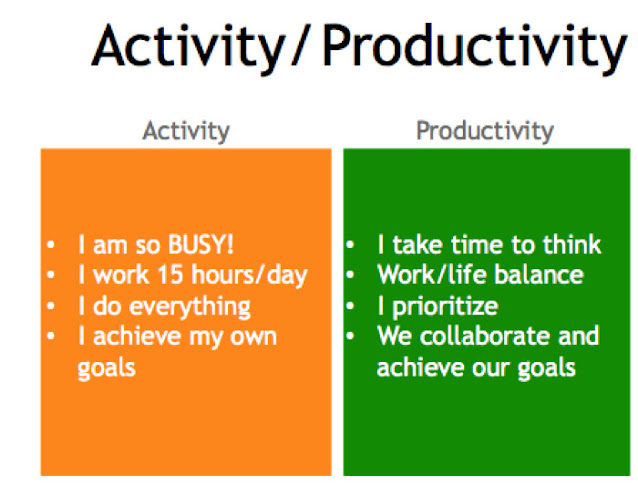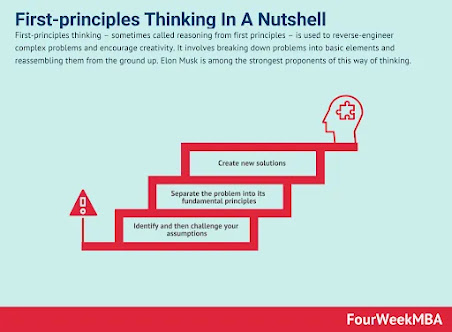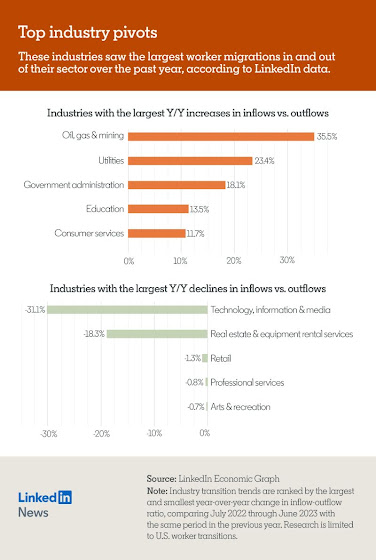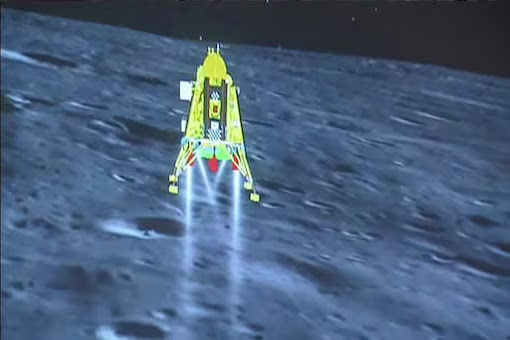Survivorship Bias Unmasked: How Misleading Narratives Shape Our World
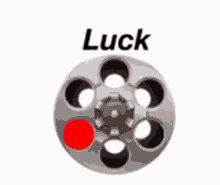
I wanted to ask, do you know someone who has played Roulette? Offcourse you know many of them, and there are high chances you have played it too BUT if I ask the same question about Russian Roulette??? For those who do not know what Russian Roulette is - it is one of the most dangerous game of chance which involves a loaded revolver and player's head: A single bullet is loaded into one of the chambers of a revolver. The cylinder is spun to randomize the bullet's position. Participants take turns pointing the gun at their own head and pulling the trigger. If the chamber with the bullet is selected when the trigger is pulled, the gun fires, resulting in death. I am sure you have seen it in some or the other form in a movie. If not, watch this Roblox video: https://www.youtube.com/watch?v=UDt7g87dTm8 Why am I suddenly talking about Russian Roulette? No I dont want to make a movie and use this, I want to talk about Survivorship Bias. But since I have already talked about Russian...

